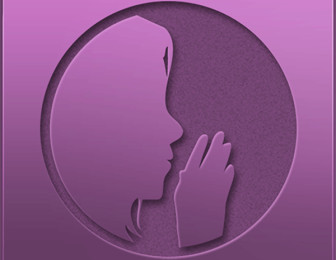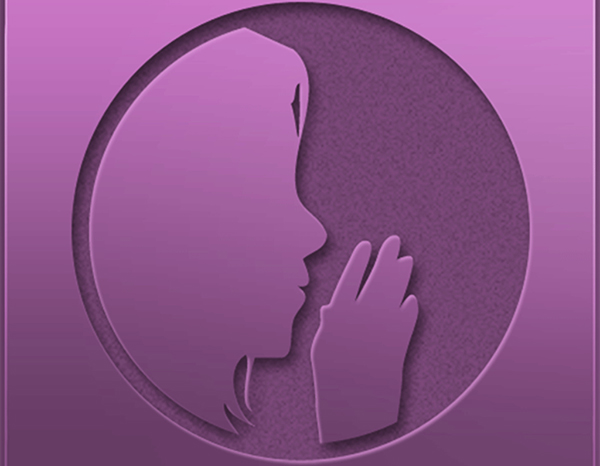 Although gossip has always been a part of middle and high schools, some social media smartphone apps have been raising concerns about cyber-bullying in schools across the nation.
Although gossip has always been a part of middle and high schools, some social media smartphone apps have been raising concerns about cyber-bullying in schools across the nation.
Apps like Yik Yak, uMentioned and Whisper, which are designed to connect students on and around campus, allow users to post pictures and comments about others under the cloak of anonymity.
“We see people being targeted, comments being posted about particular students or educators,” says Justin Patchin, co-director of the Cyberbullying Research Center and professor of criminal justice at the University of Wisconsin-Eau Claire.
What started out as an app for college campuses to share inside jokes has trickled down to middle and high schools, where the apps have been used for cyberbullying or sexual harassment, he said.
Katarina Grunden, a freshman at Grady High School in Atlanta, says she’s seen the app being used in inappropriate ways.
“It’s really bad. It’s so mean,” she said. “It’s causing a lot of stuff that could be avoided.
The smartphone app, uMentioned, is marketed as a way to “get the juiciest stories, darkest secrets, and funniest moments shared by students” on campuses, according to the product’s description on app stores.
But at St. Pius X Catholic High School in Atlanta, the app has been used in ways that have hurt and bullied others, said the school’s principal, Steve Spellman. After a handful of students told him about the app and one girl reported receiving insults on it, he began to do some research on the issue.
“It was more widespread than I thought it was,” he said.
The school recently sent a letter to parents, warning them about the app and how it was being used, but monitoring the app can be difficult, he said. The school has banned the app on its own network, but students can circumvent the ban and access it through their cellular 4G networks.
Instead, Spellman says the school is trying to raise awareness around the issue and encourage students to treat others with kindness.
“We're addressing this not so much punitively, but educationally,” Spellman said. “We’ve got to make them aware that it’s not cute, it’s not funny — it erodes the dignity of the person.”
Other apps, like Yik Yak, have caused problems in schools across the nation, including Illinois, Massachusetts and California. In March, Chicago-area schools issued warnings about Yik Yak and asked parents to help remove the app from their children’s phones.
After a series of complaints, the app developers responded by blocking its app’s usage in 85 percent of middle and high schools by creating a digital fence around middle and high schools. Using GPS coordinates, the founders have made the app inaccessible from the majority of schools in America.
But Patchin, co-director of the Cyberbullying Research Center, says creating digital fences around these applications can only do so much.
“It’s going to spawn copycats because it’s such a simple concept,” he said. Instead, he said that schools should focus on empowering youth to deal with the problem.
“Teens are seeing it. They’re seeing this app used in negative ways,” Patchin said. “Focusing on responsible use versus banning particular apps is a more productive way of approaching things.”
Teens can help create kindness campaigns or create a culture that informally condemns negative behavior on social media apps, he said.
In an e-mailed statement, Ade Labinjo, founder and CEO of the uMentioned, said he’s aware of the issue.
“To combat bullying we are trying to maintain an open dialogue with principals [and] teachers and work together on solutions to improve our platform, Labinjo said in a statement. “These solutions are stronger moderation, a user ban system, enhanced word filters and much more.”
Spellman said he’s reached out to the app makers, but have not yet had a response. He says in the meantime, he’ll be working with students and parents to raise awareness about cyerbullying.
“They don’t realize the permanency of these pictures,” said Spellman, St. Pius X’s principal. “They’re going to resurface later in life.”
